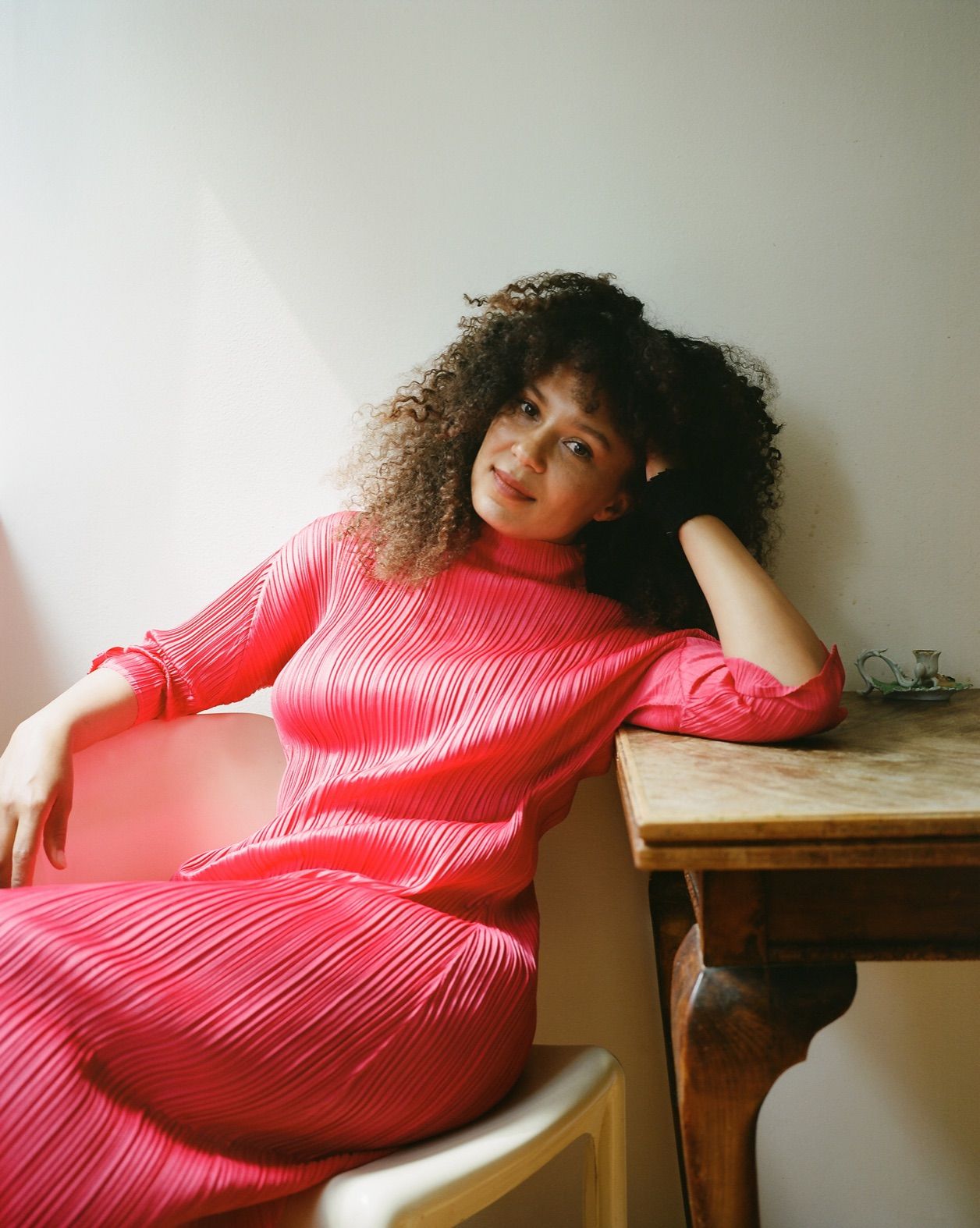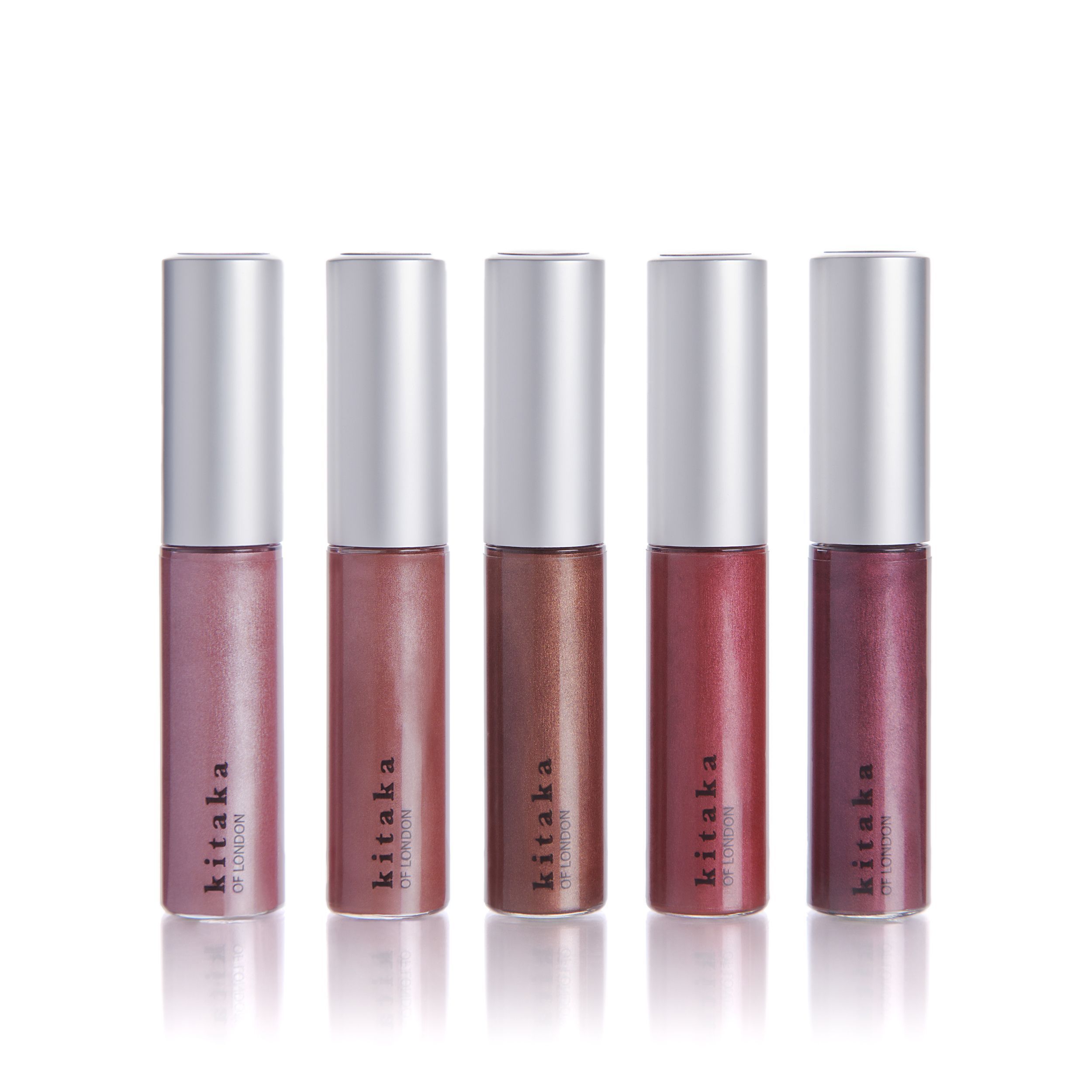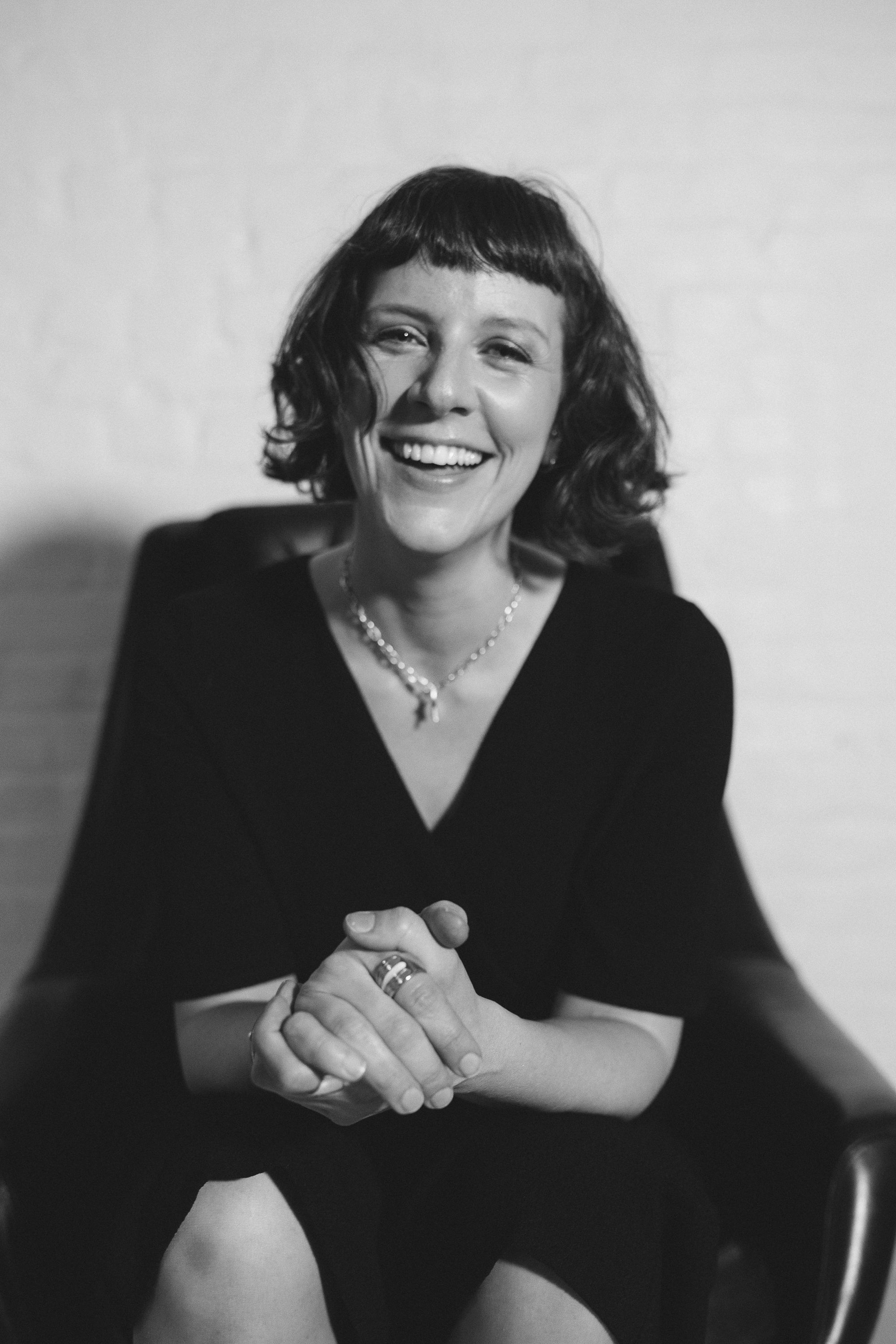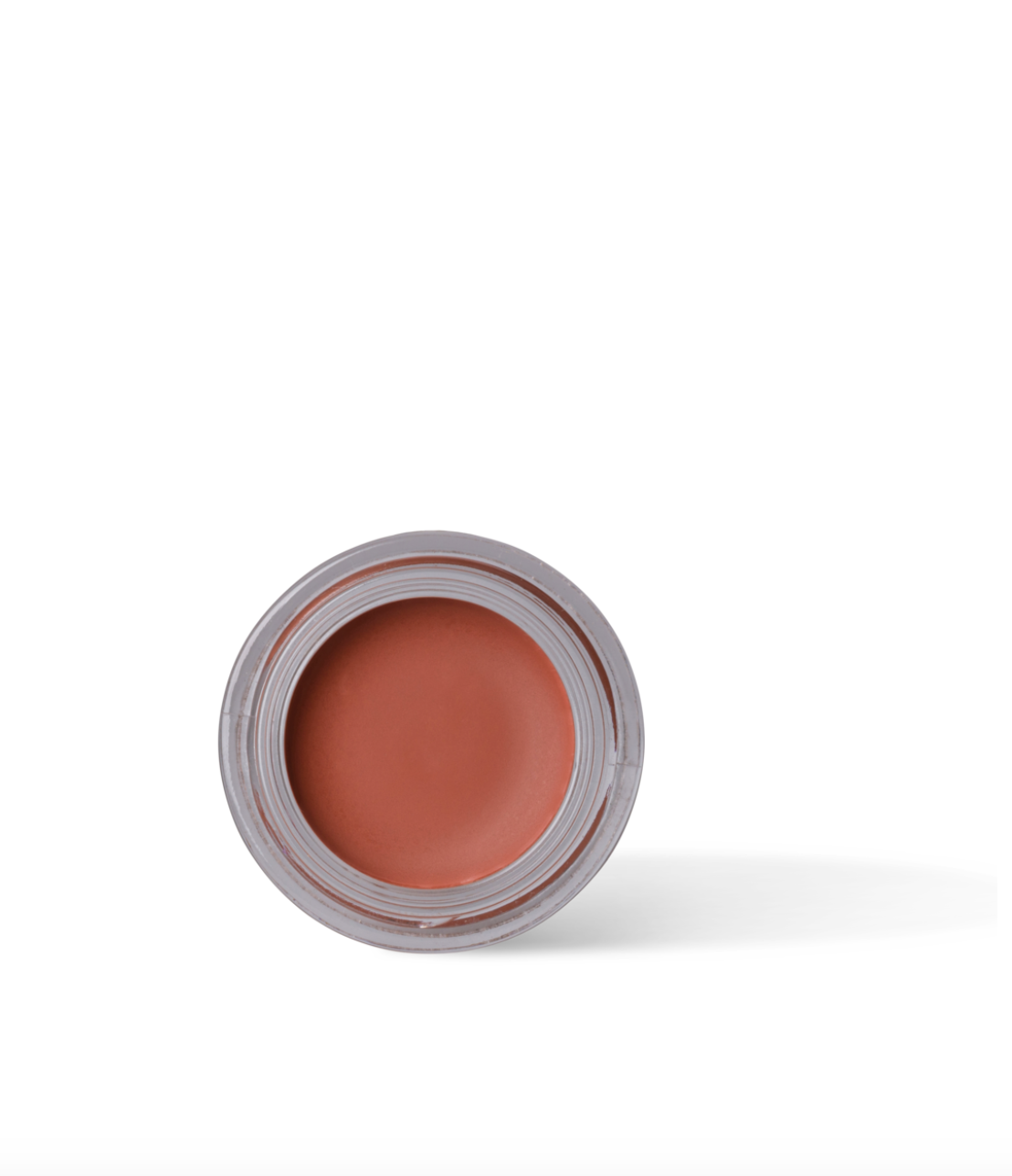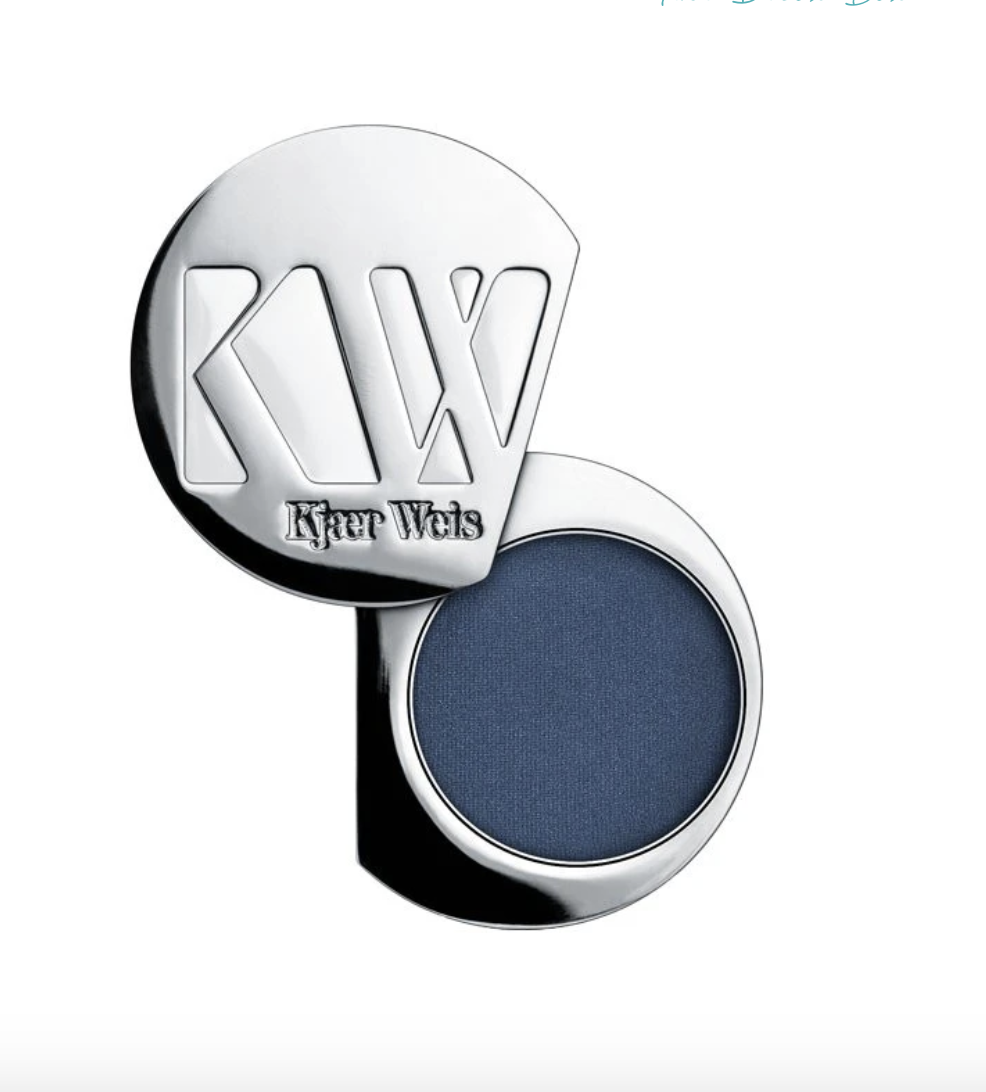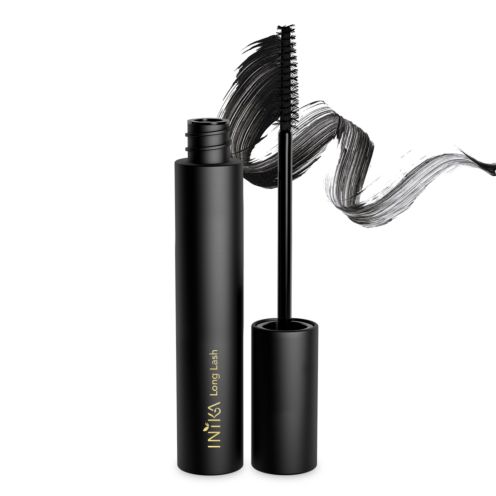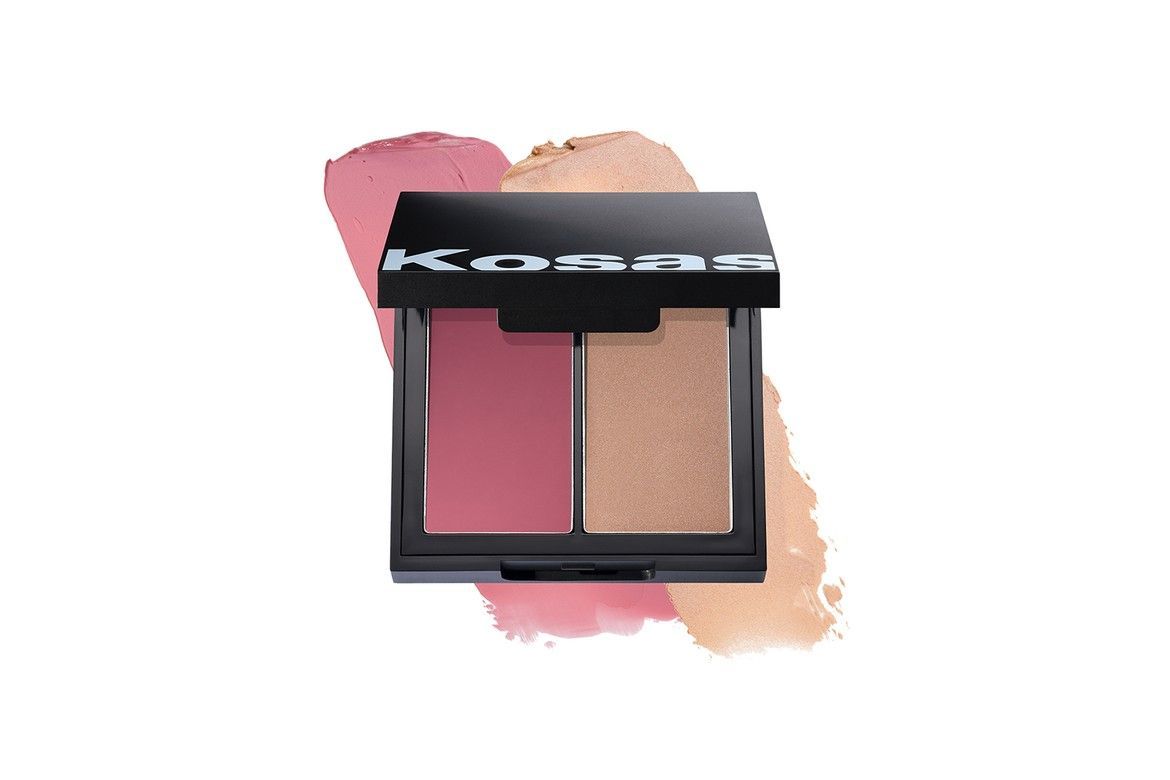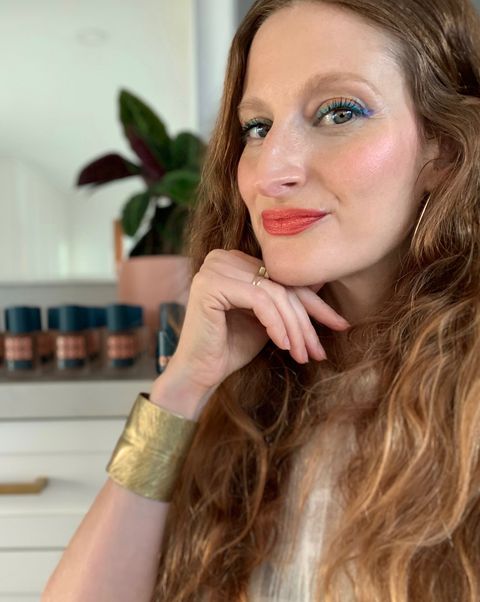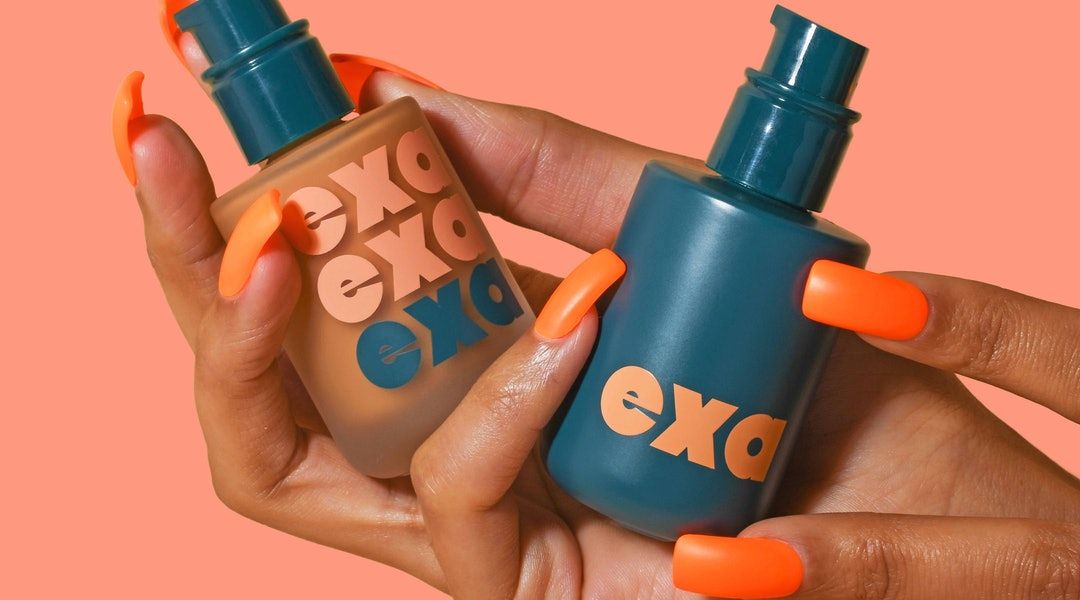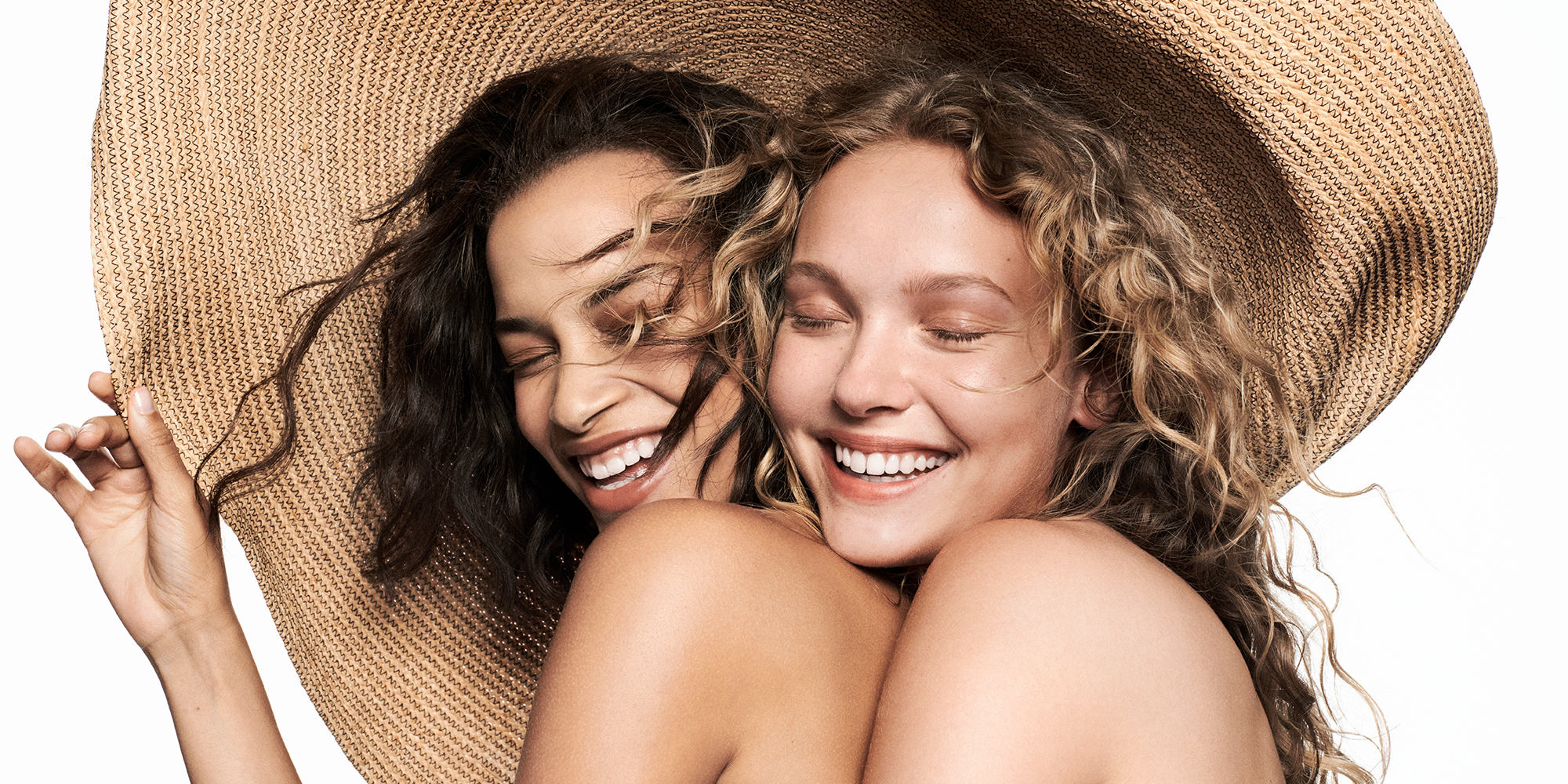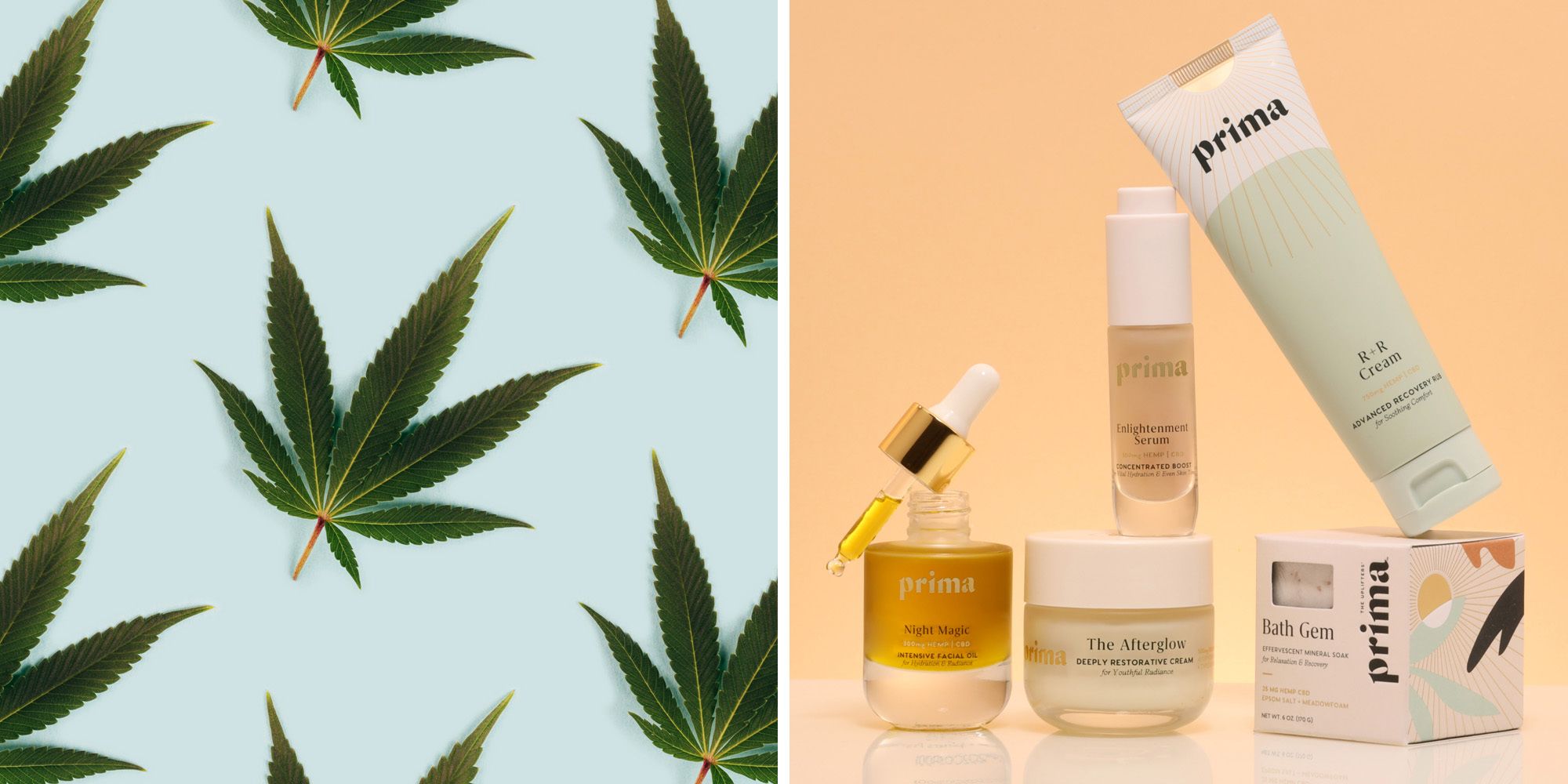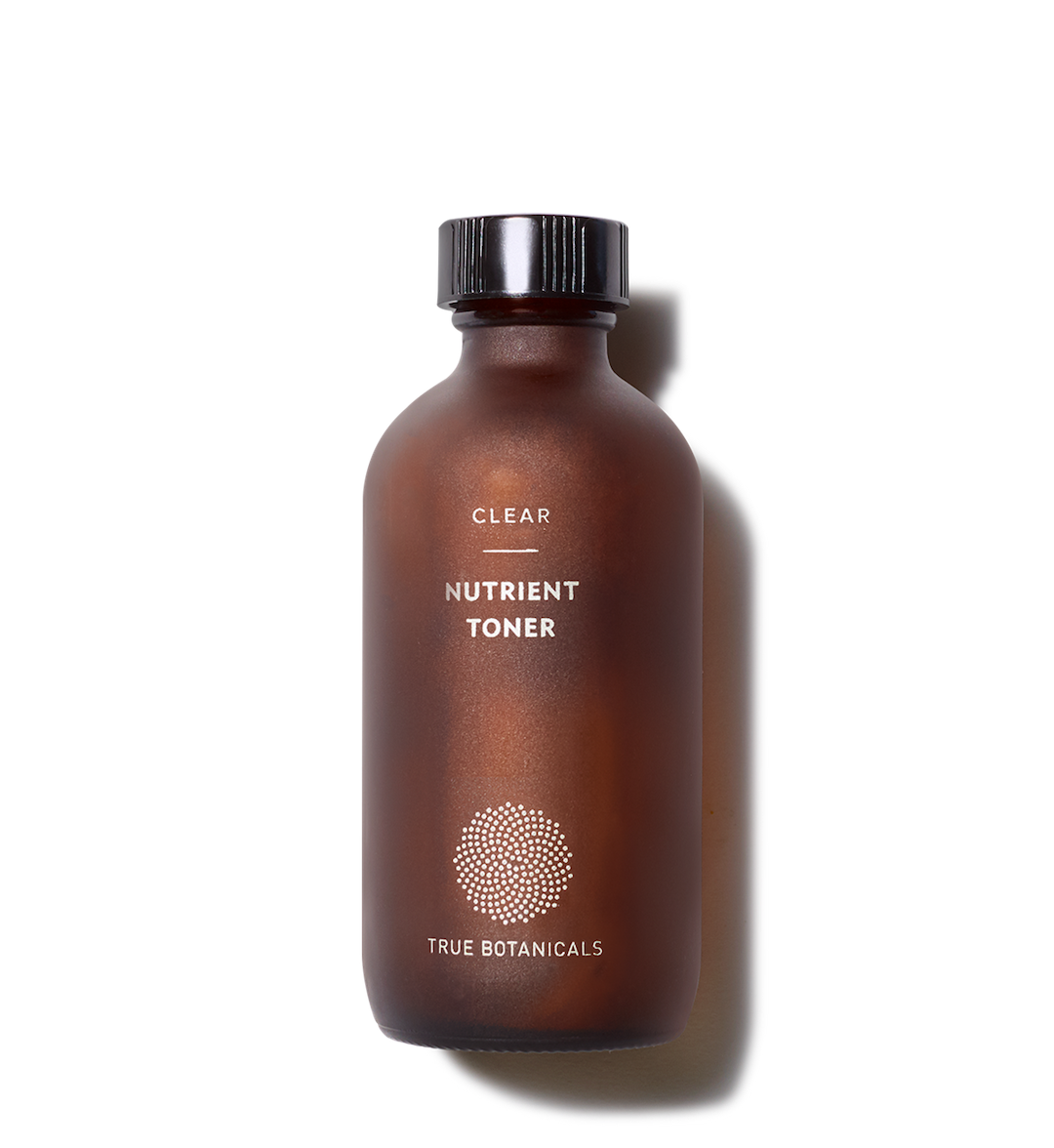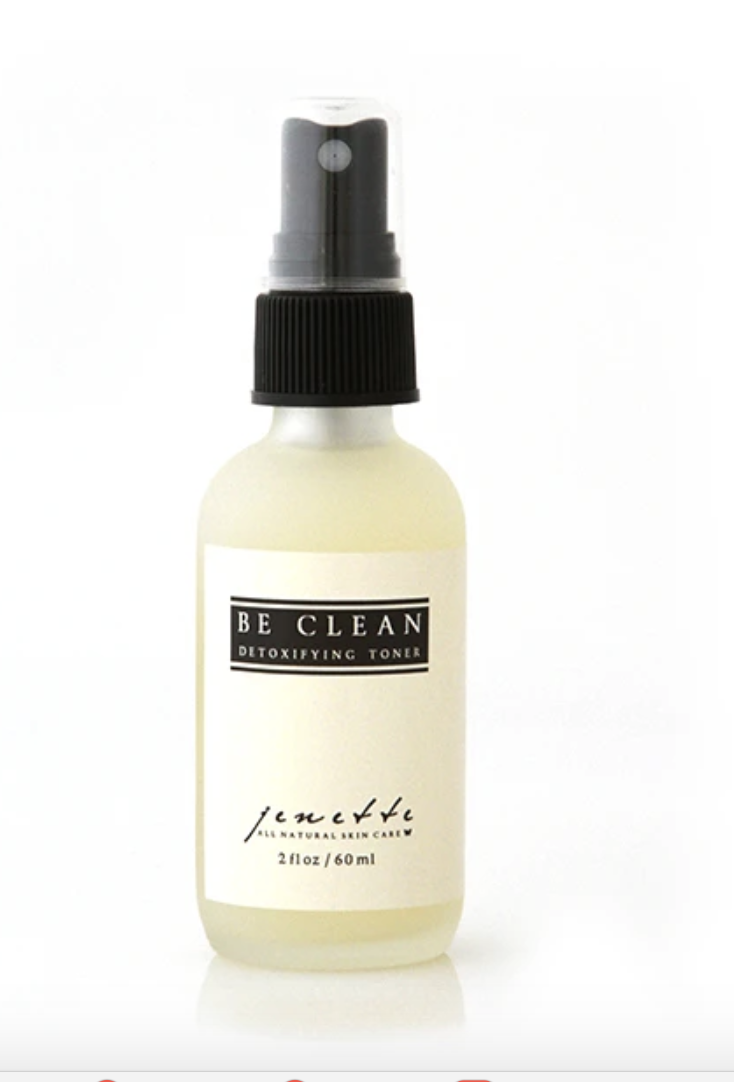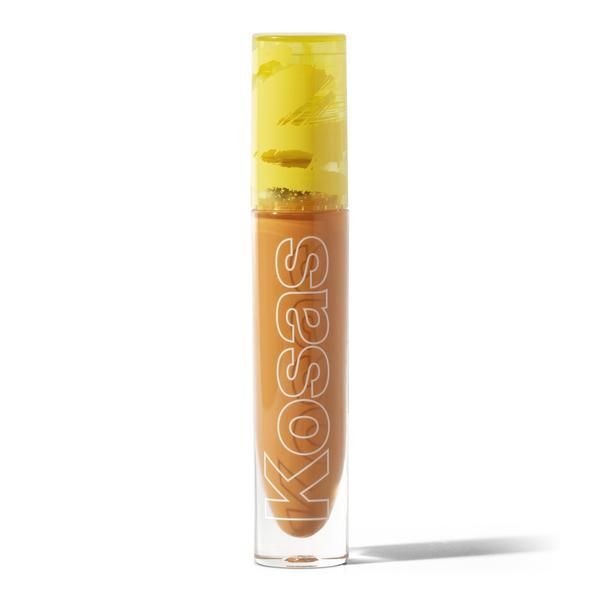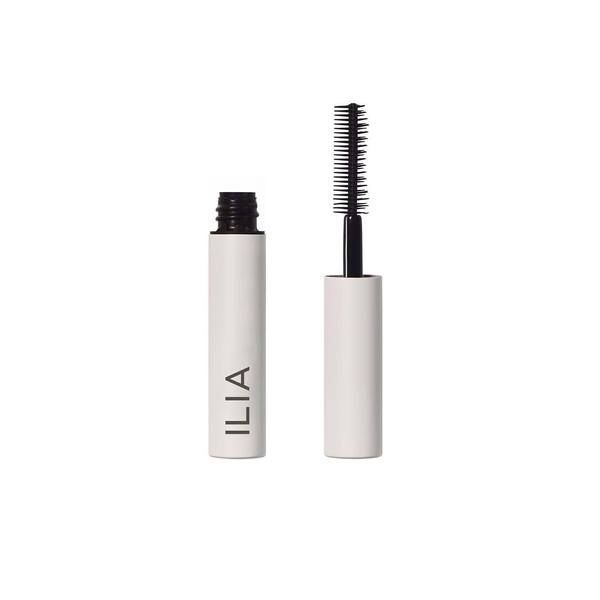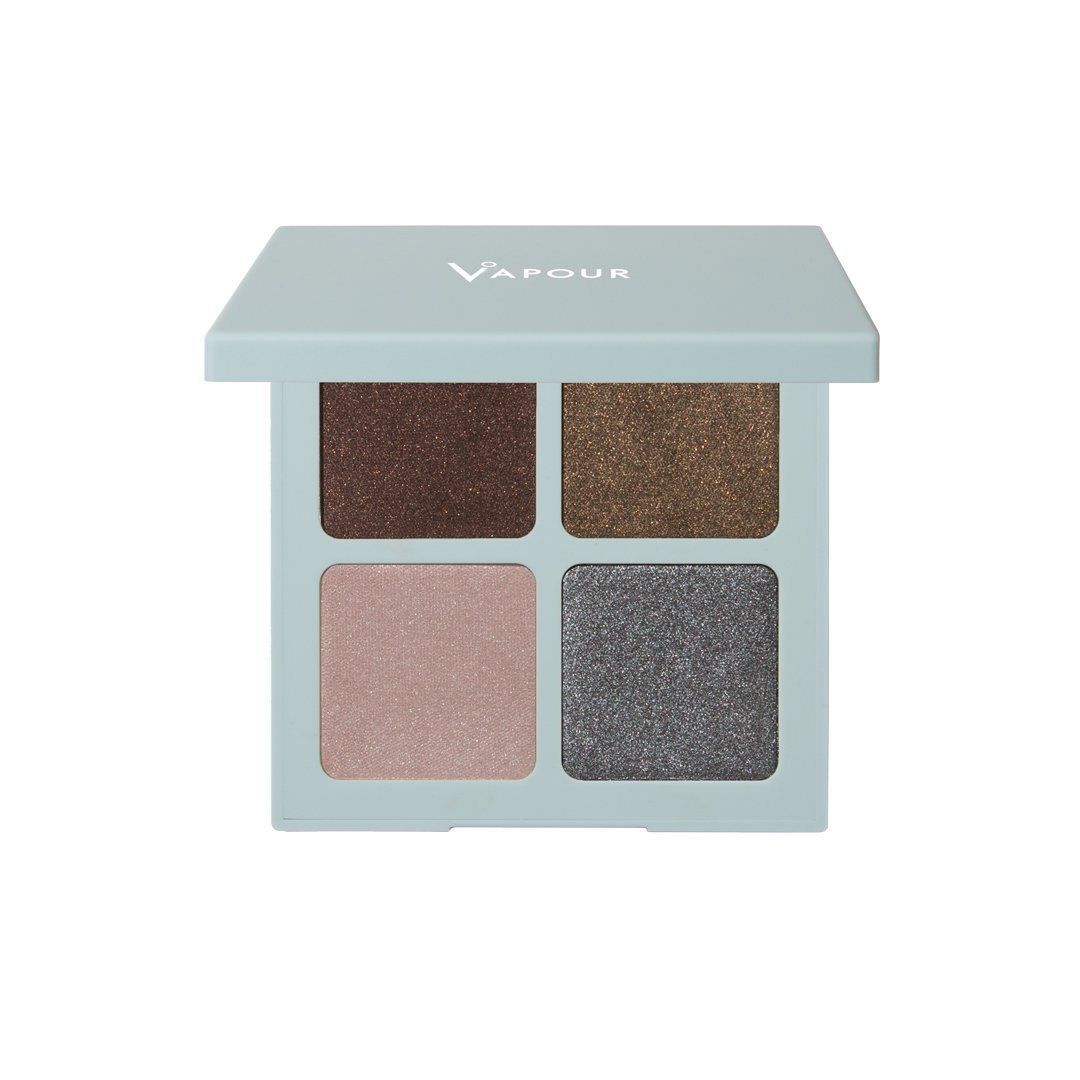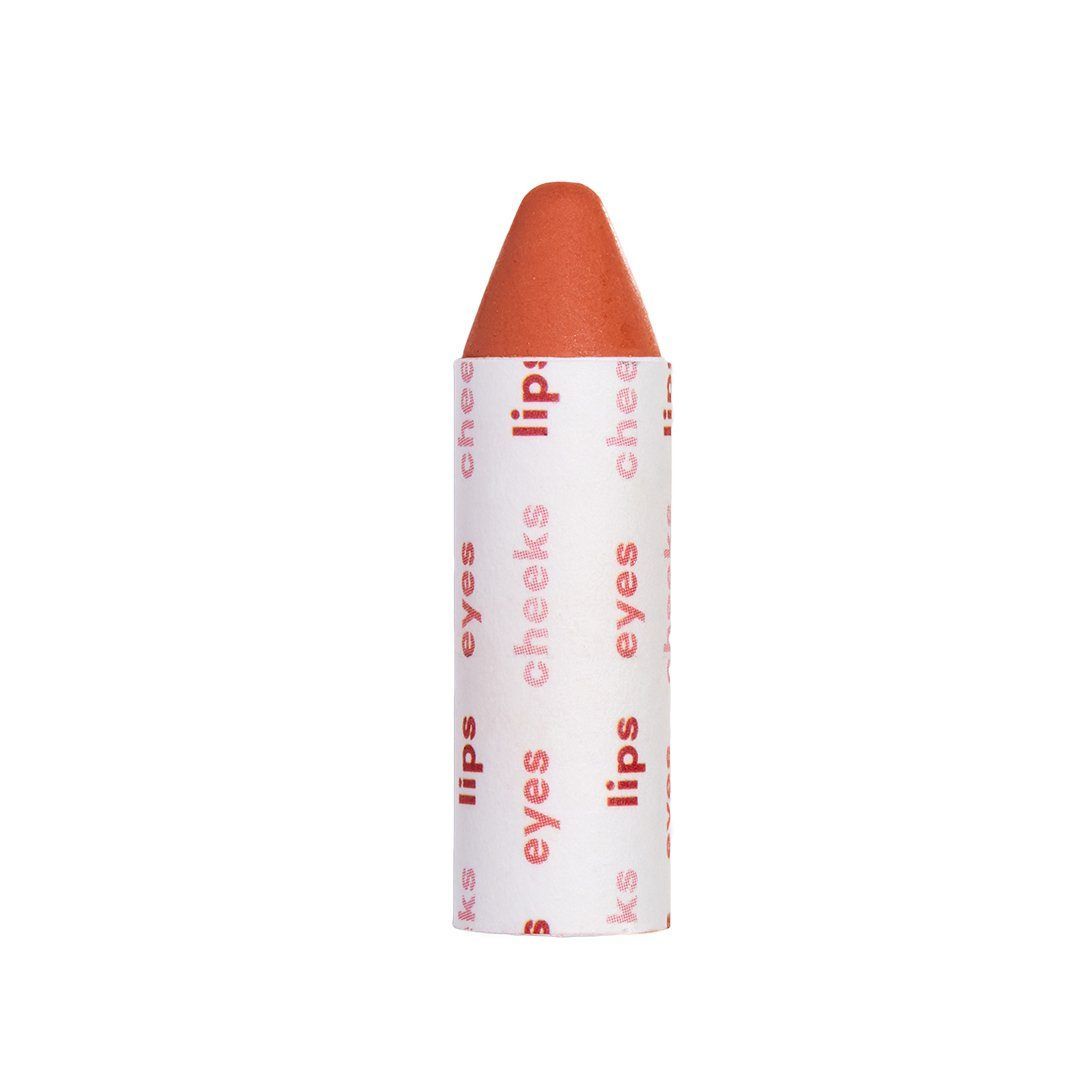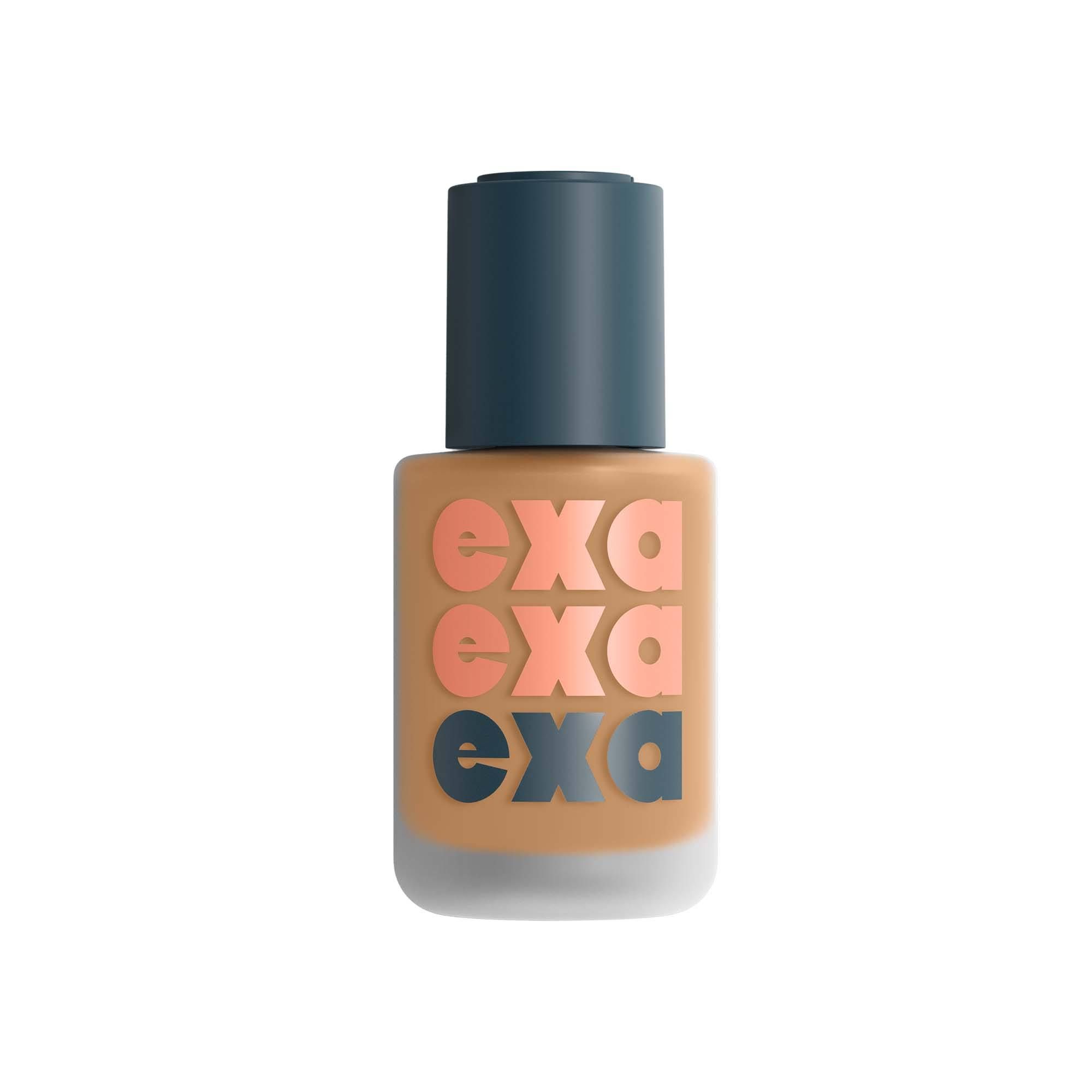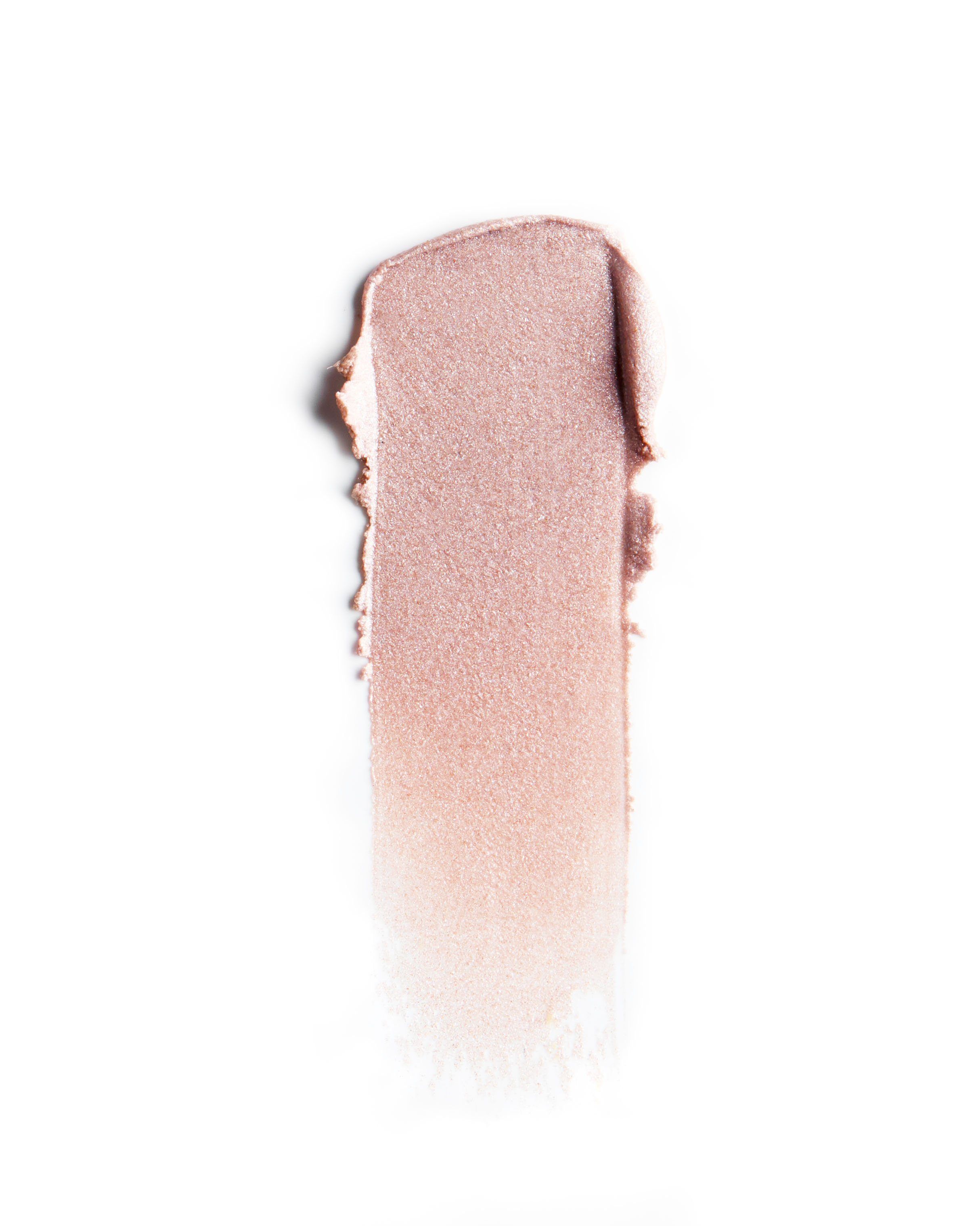It can be easy to see green beauty as a marketing ploy. We live in a world where disposable sheet masks are sold as organic, and elaborate, 10-step skincare routines are considered wellness. An eye cream may read paraben-free—but include a laundry-list of quietly harmful components. The correlation between what a bottle says and the substance of its contents may be loose at best.
For a handful of makeup artists, however, sustainable and waste-free beauty is a deeply authentic process. These are women who have built their careers on considered explorations of ethical beauty, problem solving green beauty conundrums and continuously searching for more thoughtful approaches. These are the trailblazers.
Maybe they’re making their own tools, like substituting one-time use cleansing wipes for hot flannels and oils. Maybe they’re finding creative solutions for long-held challenges (a vegan seaweed gelatin for prosthetic makeup? what about plastic-free PPE?). Or maybe they’re sharing and building our collective knowledge over which ingredients are kindest to our skin and environment.
We spoke to three of the top artists in zero-waste beauty—a term that is not literal, but rather aspirational—to get their insights on why clean beauty is so meaningful, their ultimate green products and tips, and just how we can stay safe while still minimizing waste.
Crystabel Riley
Where: London
What she’s known for: show makeup at Phoebe English and Ahluwalia, and conceptual work, like the makeup for 15 performance artists putting on an opera in The Tate Modern
Top green beauty products and brands:
“I really like a brand called Kitaka of London,” says Riley. “They’ve really considered diverse skin tones in their lipwear range. The finish is really nice and the ingredients are really clean. Really importantly, the colors are actually considered for darker skin tones. It’s not a brand that starts with white and then Black is secondary, which is what we have seen so often, especially in green beauty. It’s the future of diverse green beauty brands which I hope to see more of.”
On what it means to do zero waste in a pandemic:
“It’s been challenging. First, together with The Conscious Beauty Union, we all went together to get something from Real Shield which is a UK company making plastic-free PPE. In terms of the gloves, there’s been quite a lot of research to suggest that actually hand washing is much more hygienic. On top of that, I have a few sets of bamboo washable gloves. I’ve got a cotton mechanic suit and really just a change of clothing is needed rather than a full disposable suit. A lot of this is common sense because if you ask the doctors what they wear, they wear cotton scrubs. They don’t throw them away every time. I think at the moment there is a tendency for everyone to just reach for the disposables, and that is something that I’m hoping as people relax and start to think straight is not necessarily the way forward—to destroy the planet in order to destroy a virus.”
On the intersection of Black Lives Matter and sustainable makeup:
“With the Black Lives Matter movement, there has been in the beauty industry a keen interest in Black-owned beauty brands, which I think is really important and interesting and good—but actually for me the interesting part of clean beauty is also about how the products interact with the community as a whole in terms of the whole supply chain and brands like, for example, Weleda,” relates Riley. “Although they’re not a Black-owned beauty brand, they’ve got really unique partnerships with bee-keepers in northwest Zambia, not through a charity expedition but through a mutually beneficial way of getting the best ingredients. The bees in this region, through hundreds of years of experience, have developed ways of becoming resistant to malaria bites.
Clean beauty should be striving towards every element of the supply chain being respected and not subjugated.
Lots of other regions require bees to be fed antibiotics, and when you email a brand like Weleda about where they get their beeswax from, they actually can send a whole PDF document about that connection and that respect with this particular country and region in northwest Zambia. That to me shows valuable and symbiotic relationships. And those sorts of practices need to be nurtured by white-owned beauty brands, and people need to think about that. As well as Black-owned beauty brands, which obviously R&R Beauty are a great example of with the women’s co-op of shea oil. So, I think that’s interesting, as well. You can’t just put a couple of Black-owned beauty brands in your repertoire and think that’s enough. Clean beauty should be striving towards every element of the supply chain being respected and not subjugated.”
Lou Dartford
Where: London
What: Editorial work in Wonderland, Nylon, and Grazia; a founding member of The UK’s Conscious Beauty Union
On the power of clean beauty:
“I’ve seen the change and what can be done, so know it is possible to have products that work, but also respect the environment and those all along the supply chain making it,” says Dartford. “Beauty is such a big part of so many people’s lives but also a way that we can all individually help make change just by choosing where we put our money. There are so many amazing brands that really are doing good, why would you not want to support them? I’ve also seen the change in client’s skin when they have chosen products that are full of good, pure, plant-based ingredients as opposed perhaps to more mineral oil-based, for example.”
Go-to green products:
“I’ve got so many,” says Dartford. “For skincare, I’m a big fan of Nourish, BYBI, Twelve Beauty, and Weleda. For makeup, I’m a big fan of Ere Perez—I love their color pots. Absolution concealers are favorites in my kit, as are the Kjaer Weis cream foundations, their eyeshadows too—I love the refillable packaging. I love the Inika mascaras. I really like the Kosas powder blushers.”
Shop Lou’s Favorites
Tips for transitioning to a zero-waste routine:
“Use everything up first before you buy anything new, also only add one skincare product in at a time so you can really understand if it works for you—therefore minimize wasting product. Look for multitaskers, since organic and natural beauty will go off quicker, so use it up first. Then keep a note of when you opened things too, so know when to use it and don’t end up throwing it. Look at packaging and how it had been made. Does the brand tell you how to recycle it? I absolutely love the Beauty Kitchen’s Konjac sponge. The packaging can go in the compost and then when the sponge is finished that can go in the compost too. It’s also amazing for cleansing—swapping your wipes or cotton pads for something like this is a game-changer.”
Katey Denno
Where: Los Angeles
What: Celebrity makeup artist to Amanda Seyfried, Felicity Jones, Connie Britton, Amber Heard, and more
On her path to zero-waste beauty:
“I came into clean beauty after working as a social worker for a decade,” says Denno. “During some of that time I worked in hospital clinics—both in women’s health and specialized medical care for the HIV + and AIDS defined community. I saw a lot of medication administered through patches, everything from birth control to major opioid pain relievers. It struck me then that despite our skin being really good at protecting our insides, at least in some part, what we put on our skin winds up in our bloodstream. That knowledge stayed with me when I changed careers at age 31 (nearly 14 years ago) and backstage assisting on fashion shows, I was that person asking my fellow makeup artists: Hey, do you know what’s in this? Why does this pro makeup product say on the back of the package: Color #1 not for use around eyes, color #2 not for use around lips. The ingredients listed on the packages read as if they were in another language, and I had a difficult time making sense of the information I found about them—when I could find anything at all—online. What I did learn, was, that many were plastics, skin irritants, known endocrine disruptors, potentially carcinogenic…each of which, when evaluated on its own, may pose no threat to the body or the planet because of the small amount used in the formulas, but when amassed within one individuals’ body, altogether, over a lifetime, becomes a pretty substantial toxic load. And that’s never going to be okay with me.
I decided then that I’d do whatever I could to help those who sat in my makeup chair look and feel their best without adding to their body’s potential toxic burden. I began researching brands occupying what was then, a very tiny, clean beauty market, and I made it my goal to use my platform and my connection to celebrity clients, to help further the industry.”
Her key zero-waste skincare:
“The True Botanicals ‘Clear’ line and Jenette All Natural Skincare—specifically her handmade face soaps and her Be Clean toner really turned my historically acne-prone skin around, so I will forever be a devoted fan,” shares Denno. “Their formulations are both artistic, and science-based, using all safe for our bodies and the planet ingredients. Both brands are dedicated to eco-friendly processes and packaging, and I’m talking deep down, not just at a performative level. I’m a big lover of natural scents, and the scents these two lines offer are intoxicating and addicting.”
On her favorite clean makeup:
“I love Ilia’s mascara, I love Kosas concealer, Vapour’s eyeshadow palettes, I love Axiology’s new lip-to-lid balmies that are the most eco-friendly packaged little colorful sticks you can use anywhere on your face for a pop of color. I love the newly launched, 43 color options strong foundation line from Exa, which can compete with mainstream foundations—no question about it. Kjaer Weis has such beautiful powder highlighters and great lipliners, and their focus has always been on refillable, highly sustainable packaging.”
Shop Katey’s Favorites
Tips for transitioning to a more waste-free routine:
“Less is more! This is true when it comes to ingredients that you put on your skin and your body, as well as the amount of makeup you put on your face. Buy less and don’t make impulse purchases. Most clean beauty brands, and for sure clean beauty retailer Credo, give you the option to write-in with questions, and get expert color and product advice before you purchase. That’s step one, doing your research. Step two is to look for minimal packaging, like Axiology, or buy from brands using sugarcane bio plastic packaging, like Codex Beauty does. Aether Beauty makes gorgeous makeup products and houses them in fully recyclable, beautiful paper packaging.”
On how to merge safety with zero waste:
“I took with me a lot of what I learned from working in hospitals when it comes to cleanliness practices. One benefit about my reduce, reuse, and recycle lifestyle is that I have amassed a good supply of glass bottles and jars into which I can depot product to take to set, use the contents on just that one person, and give that jar to the client.
However, I’ve chosen not to go back to work on set yet, so… I can’t speak to that other than to say I’m ready with the various masks and face shields and I have these great small, reusable palettes called palette by pak that I’ll be filling with just the liquid and cream products.”
Source: Read Full Article
